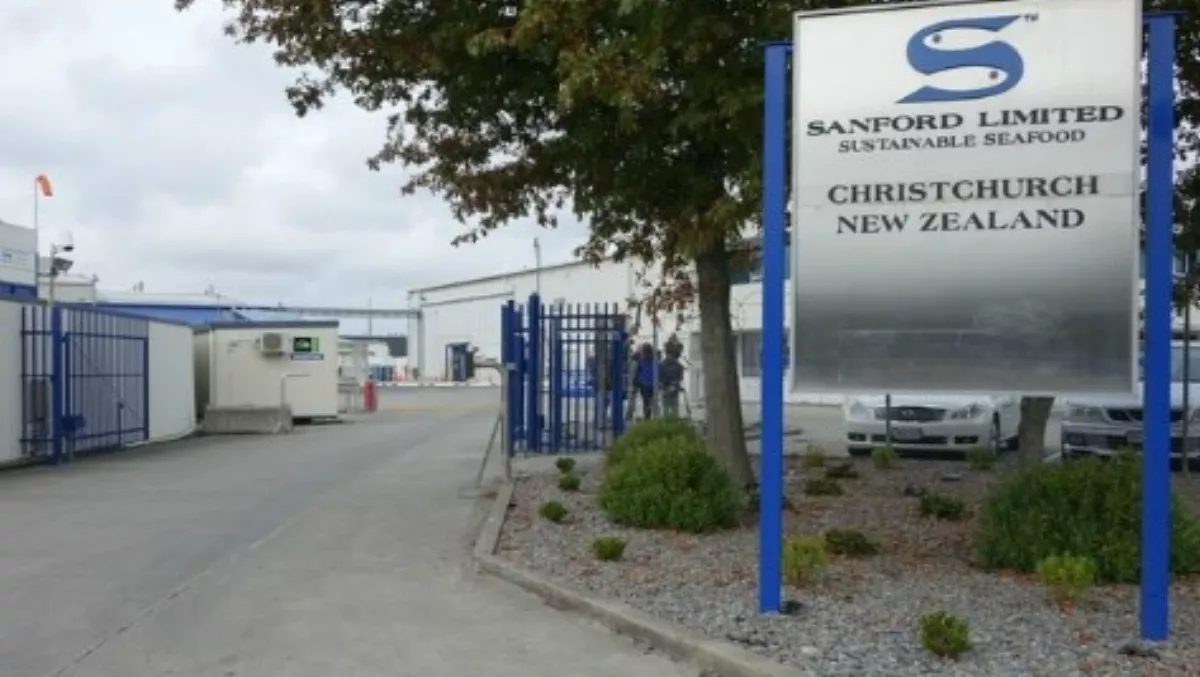
Sanford, New Zealand's largest listed fishing group, is in consultations with 232 staff who look likely to lose their jobs at the company's Christchurch mussel processing plant due to a shortage of natural spat supply.
Sanford Chief Executive Volker Kuntzsch is in Christchurch meeting with staff this afternoon and a final announcement on the closure will be made in two to three weeks, the company said in an announcement.
He said recent weather patterns have impacted on natural spat (offspring) supply for several seasons to the point where the company has to reconsider its mussel processing capacity.
"Wild spat supply is the single biggest constraint on the mussel industry with current spat shortages limiting future crop supply. In the long term Sanford's recent investment with government, industry and research organisations in the selective breeding of mussels (will alleviate the industry's reliance on wild caught spat. However, at this stage it is not anticipated that these initiatives will boost crop supply to levels where Sanford's South Island plants are able to be efficiently utilised for the next two to three years," Kuntzsch said.
The Christchurch site became part of Sanford's operations with its 2010 acquisition of Pacifica Seafoods in 2010.
Sanford operates across the fishing industry, including inshore and deepwater fishing and processing, aquaculture operations farming salmon and mussels, and three international tuna vessels. The company has struggled against falling commodity prices for its skipjack tuna, blue mackerel and other oily fish, which in part has been offset by strong demand for its deepwater fish catches and stable prices for its greenshell mussels.
Given the outlook of Greenshell mussel crop supply in the short to medium term, the company now had to improve how it utilised processing by combining volumes from its manual opening plant in Christchurch and its automated facility in Havelock.
"Combining the volumes in one plant would eliminate the strong likelihood of intermittent processing interruptions, unpredictable shift patterns and two sub optimal manufacturing environments. This would also facilitate some level of protection against current pricing in international mussel markets, limiting the impact on the contribution mussels make to Sanford's performance," he said.
Efforts will be made to redeploy staff in other Sanford's other plants and fleet operations within the group or to find jobs with other employees in Christchurch.
Sanford reported a $22.4 million profit for the year ending Sept. 30, up 10 per cent on the previous year. Revenue was slightly down at $452.4 million.
Shares in the company are trading up 0.2 percent today to $4.81.